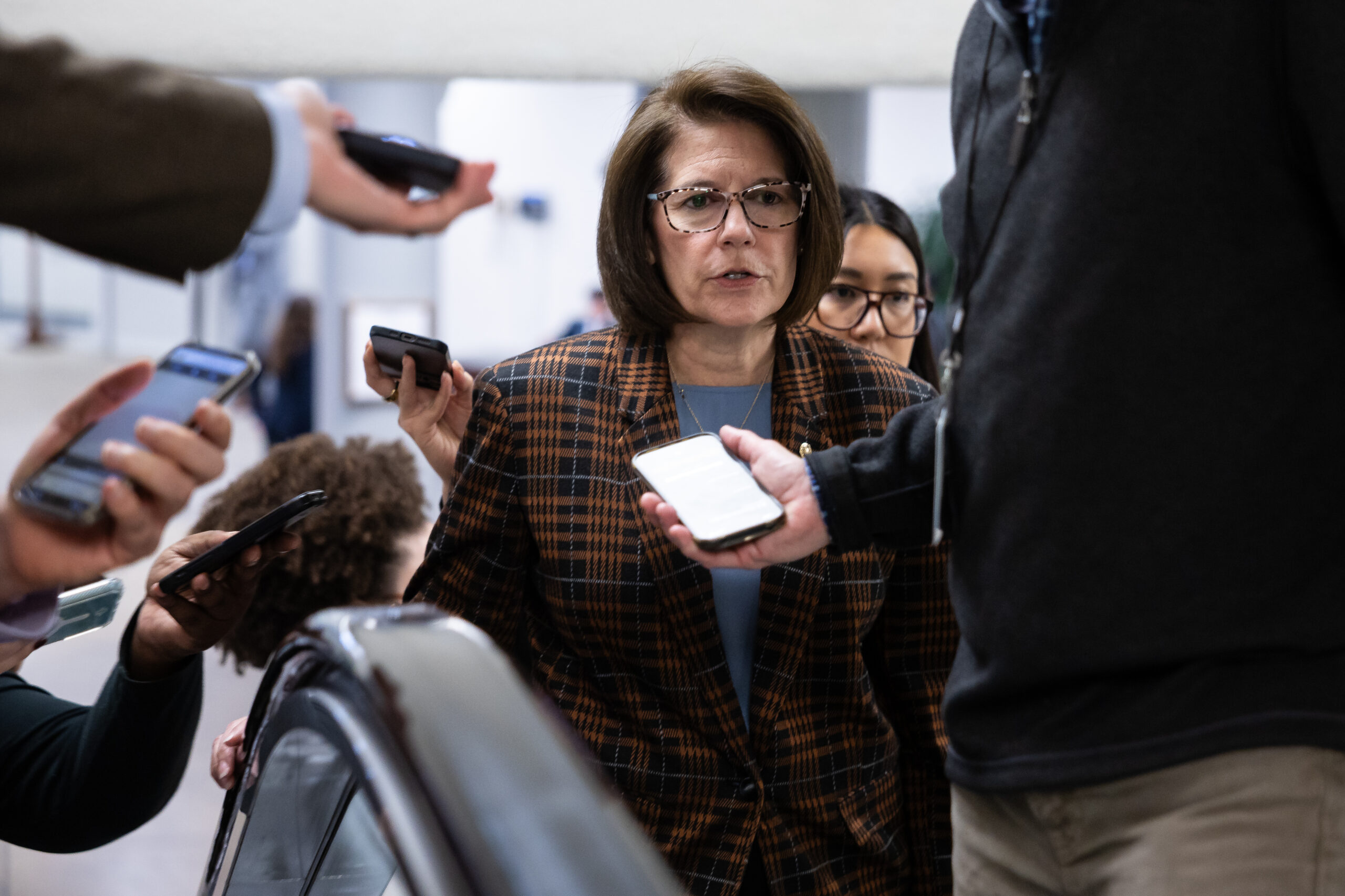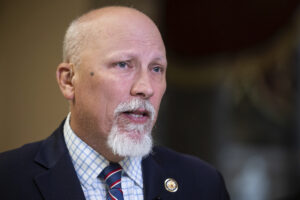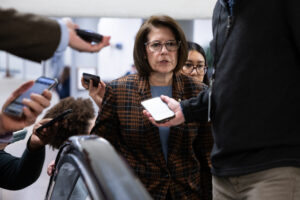Politics
We barely recycle any EV batteries, but it would make us far less dependent on China

Politics
A battle over the truth erupts after deadly Minneapolis shooting
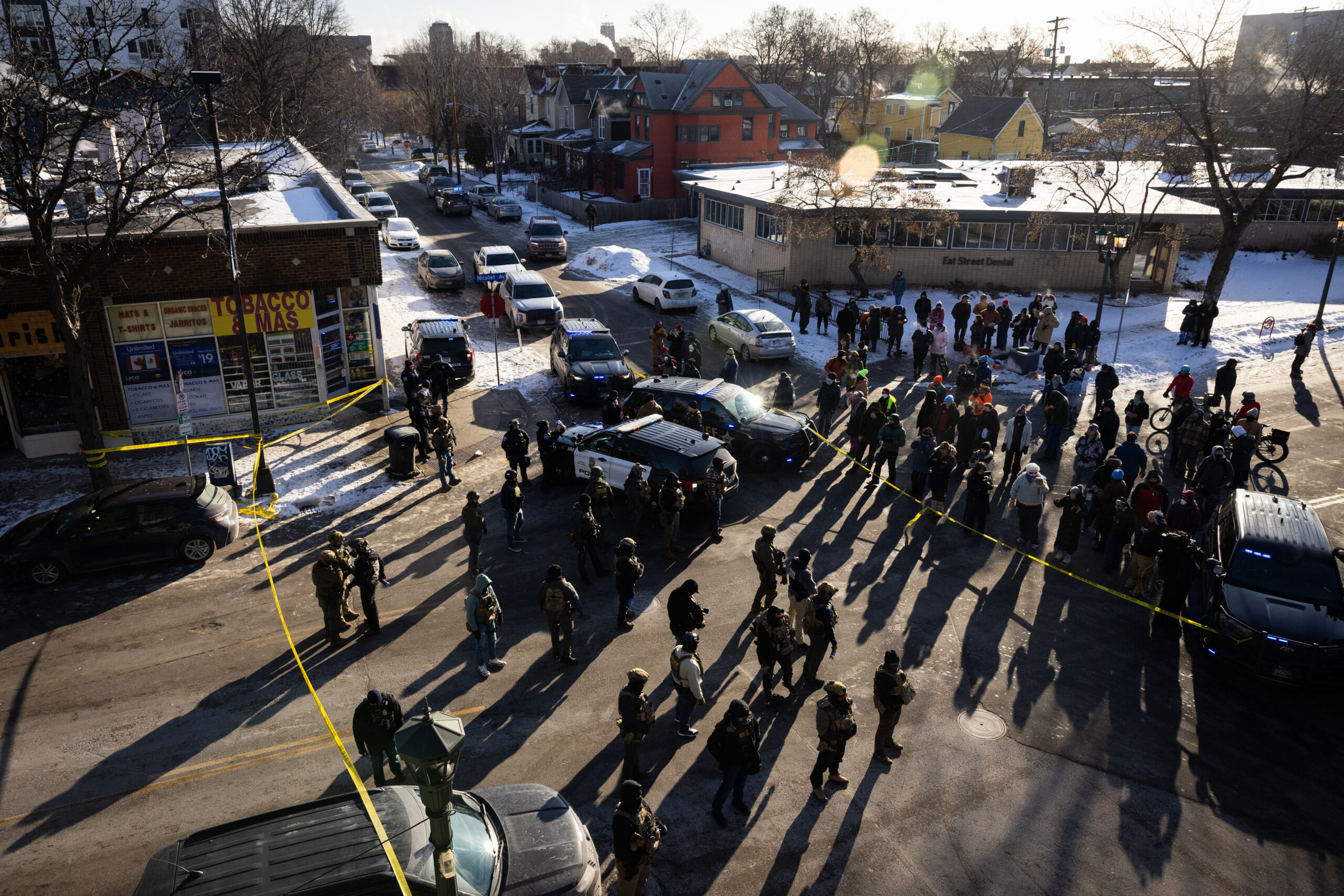
In the wake of another fatal shooting involving immigration agents, Trump administration and Minnesota officials are locked in a heated dispute over what exactly transpired and who’s to blame for the death of 37-year-old Alex Pretti.
And they don’t just disagree in their interpretation of the events — they fundamentally differ on how the shooting transpired and what exactly triggered it.
Border Patrol agents shot and killed Pretti on Saturday during a tense encounter between observers and federal agents, a dynamic that has led to several violent interactions as the Trump administration escalates its nationwide immigration crackdown. His death comes less than a month after an Immigration and Customs Enforcement officer fatally shot 37-year-old Renee Good. The scenes of the shootings were roughly two miles apart, and protesters flooded the streets after both.
Border Patrol commander Greg Bovino on Sunday accused Pretti of having “injected” himself into a law enforcement investigation. Homeland Security Secretary Kristi Noem said Pretti had committed a “felony” by impeding law enforcement. And Deputy Attorney General Todd Blanche blamed local state officials for what he called an “entirely avoidable” event.
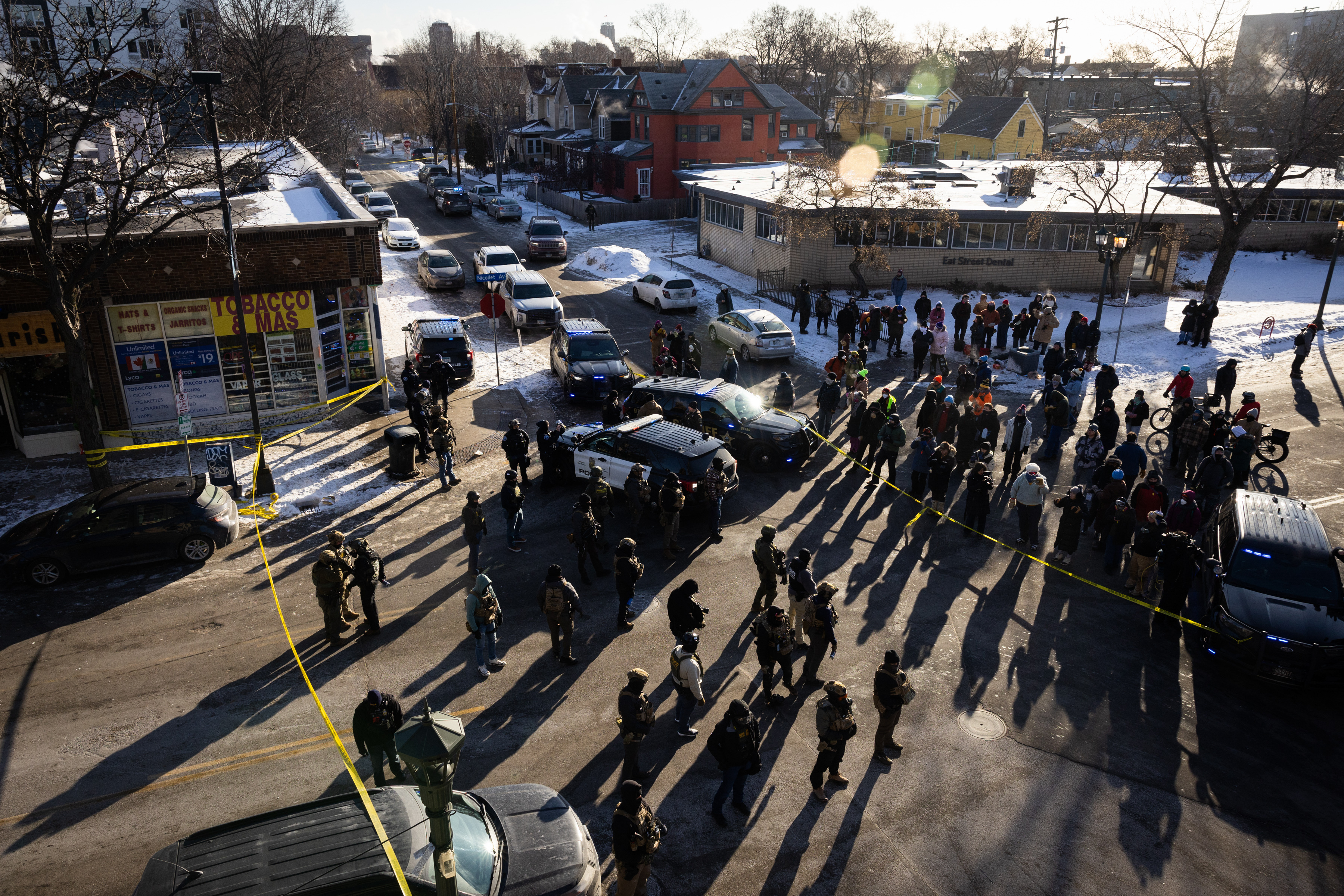


But Minnesota officials see a different story in the footage. Minneapolis Police Chief Brian O’Hara said Pretti was lawfully armed and exercising his constitutional rights, and Democrat Sen. Amy Klobuchar told NBC’s “Meet the Press” that the video shows him holding a cellphone and helping a woman up, not acting aggressively toward agents.
Shortly after Saturday’s shooting, Noem offered one account of the incident: She said Pretti “approached U.S. Border Patrol officers with a 9mm semi-automatic handgun” and that he “violently resisted” when the officers attempted to disarm him.
Noem then told Fox News Sunday that agents on Saturday “clearly feared for their lives” before shooting Pretti. She and other federal officials have claimed that Pretti was approaching agents with a gun.
“We do know that he came to that scene and impeded a law enforcement operation, which is against federal law. It’s a felony. When he did that, interacting with those agents when they tried to get him to disengage, he became aggressive and resisted them throughout that process,” Noem said. “These officers used their training, followed their protocols and were in fear of their lives and the people around them.”
But Minneapolis Police Chief Brian O’Hara said Pretti held a concealed carry license and was exercising his constitutional right.


Despite Noem’s claim that the agents feared for their lives, O’Hara, speaking on CBS’ “Face the Nation” on Sunday morning, said he had seen no evidence Pretti brandished a weapon during the encounter.
“You have a Second Amendment right in the United States to possess a firearm,” O’Hara said during an interview with host Margaret Brennan. “And there are some restrictions around that in Minnesota, and everything that we see that we are aware of shows that he did not violate any of those restrictions.”
But in an interview with BLN’s “State of the Union” on Sunday, Bovino said a person’s Second Amendment rights “don’t count when you riot and assault, delay, obstruct and impede law enforcement officers.”
Noem seemingly suggested the fact that Pretti possessed “a gun and ammunition, rather than a sign” meant the scene was a “violent riot.”
“We have someone showing up with weapons and are using them to assault law enforcement officers,” she said Saturday of the situation.
Amid conflicting accounts over whether Pretti’s hand at any point during the incident was near his gun, video verified and analyzed by several media outlets, including the New York Times, show the item Pretti appeared to be holding was a phone he was using to film the scene before he attempted to help a woman who had been pushed to the ground by Border Patrol agents. According to a Washington Post analysis of video footage, federal agents appear to have secured Pretti’s gun just moments before an agent shot him.

“What you see is someone brandishing a cellphone who is simply there with a cellphone helping someone up, a woman up, as his parents point out, when she had slipped,” Klobuchar told NBC’s “Meet the Press.” “And so when I hear these officials from the Trump administration describe this video in ways that simply aren’t true, I just keep thinking, ‘Your eyes don’t lie.’”
Former President Barack Obama also said the Trump administration’s explanations “appear to be directly contradicted by video evidence.” And Pretti’s family members have accused the White House of spreading “sickening lies.”
Just as in the aftermath of Good’s shooting, federal and state officials disagree about who bears responsibility — and how to manage the fallout.
Blanche on Sunday told NBC’s “Meet the Press” that Pretti’s shooting was a “tragedy” but added that “this was entirely avoidable if we had a governor, if we had a mayor, if we had leadership in Washington and over in Minnesota that actually cared about their citizens.”
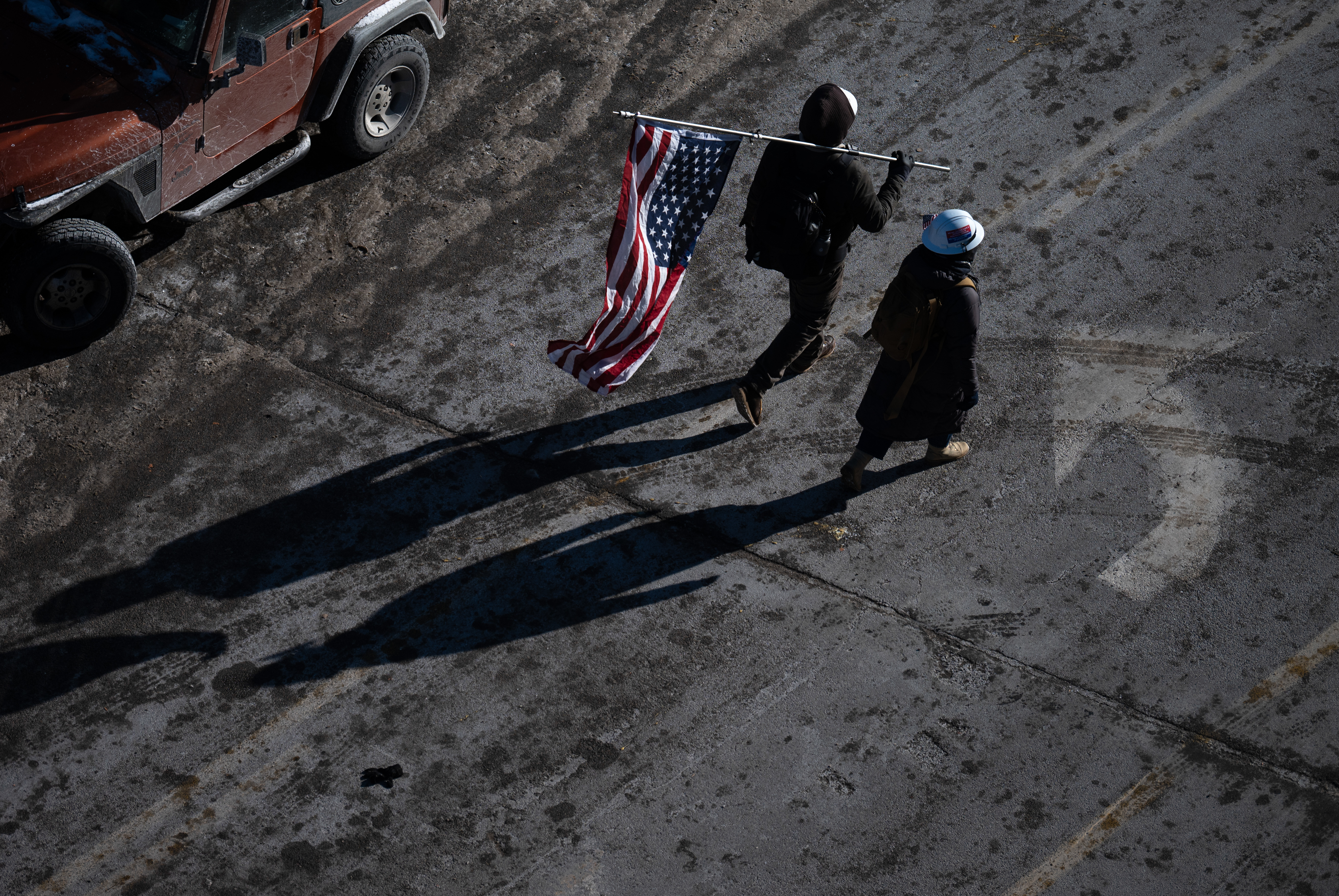
But Gov. Tim Walz and local officials say it’s the Trump administration that has sown chaos. Walz deployed the state’s National Guard to Minneapolis in the aftermath of Pretti’s killing, which he called “sickening.”
“I just spoke with the White House after another horrific shooting by federal agents this morning. Minnesota has had it. This is sickening,” Walz posted on X. “The President must end this operation. Pull the thousands of violent, untrained officers out of Minnesota. Now.”
“This administration and everyone involved in this operation should be reflecting. They should be reflecting right now and asking themselves, what exactly are you accomplishing?” Minneapolis Mayor Jacob Frey, a Democrat, said at a Saturday press conference. “If the goal was to achieve peace and safety, this is doing exactly the opposite. If the goal was to achieve calm and prosperity, this is doing exactly the opposite.”
Politics
Lawmakers reached a surprise bipartisan health deal. Now they have to keep it.
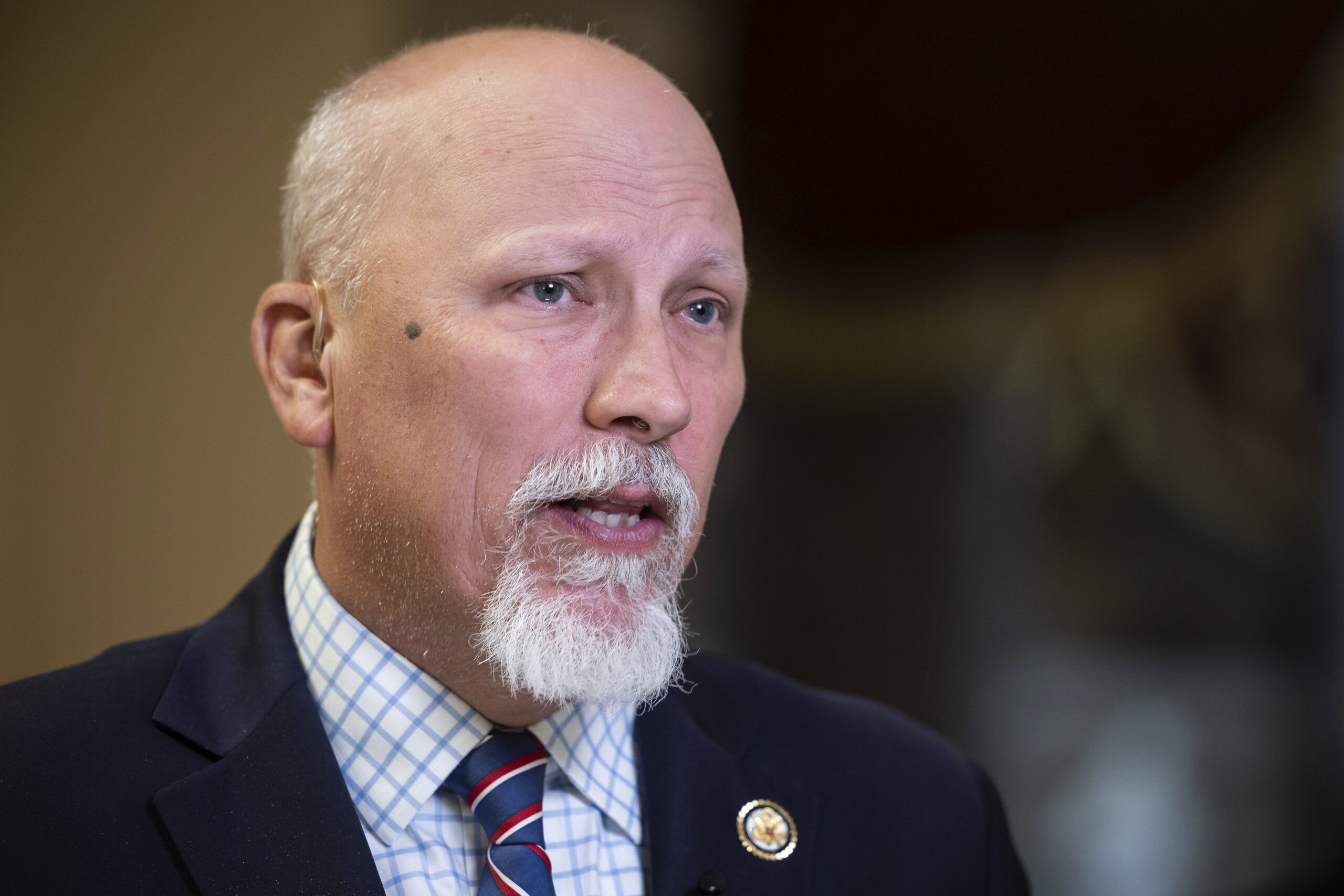
The package, which would reform the way the intermediaries between drugmakers and insurers and employers operate, faces a tough test this week…
Read More
-

 The Dictatorship11 months ago
The Dictatorship11 months agoLuigi Mangione acknowledges public support in first official statement since arrest
-

 Politics11 months ago
Politics11 months agoFormer ‘Squad’ members launching ‘Bowman and Bush’ YouTube show
-

 The Dictatorship5 months ago
The Dictatorship5 months agoMike Johnson sums up the GOP’s arrogant position on military occupation with two words
-

 Politics11 months ago
Politics11 months agoBlue Light News’s Editorial Director Ryan Hutchins speaks at Blue Light News’s 2025 Governors Summit
-

 The Dictatorship11 months ago
The Dictatorship11 months agoPete Hegseth’s tenure at the Pentagon goes from bad to worse
-

 Politics11 months ago
Politics11 months agoFormer Kentucky AG Daniel Cameron launches Senate bid
-
Uncategorized1 year ago
Bob Good to step down as Freedom Caucus chair this week
-

 Politics9 months ago
Politics9 months agoDemocrat challenging Joni Ernst: I want to ‘tear down’ party, ‘build it back up’


